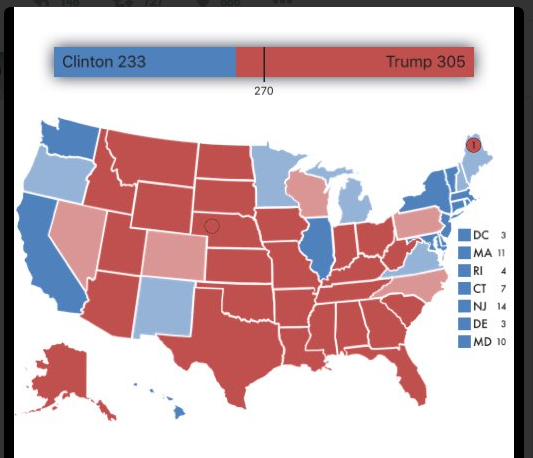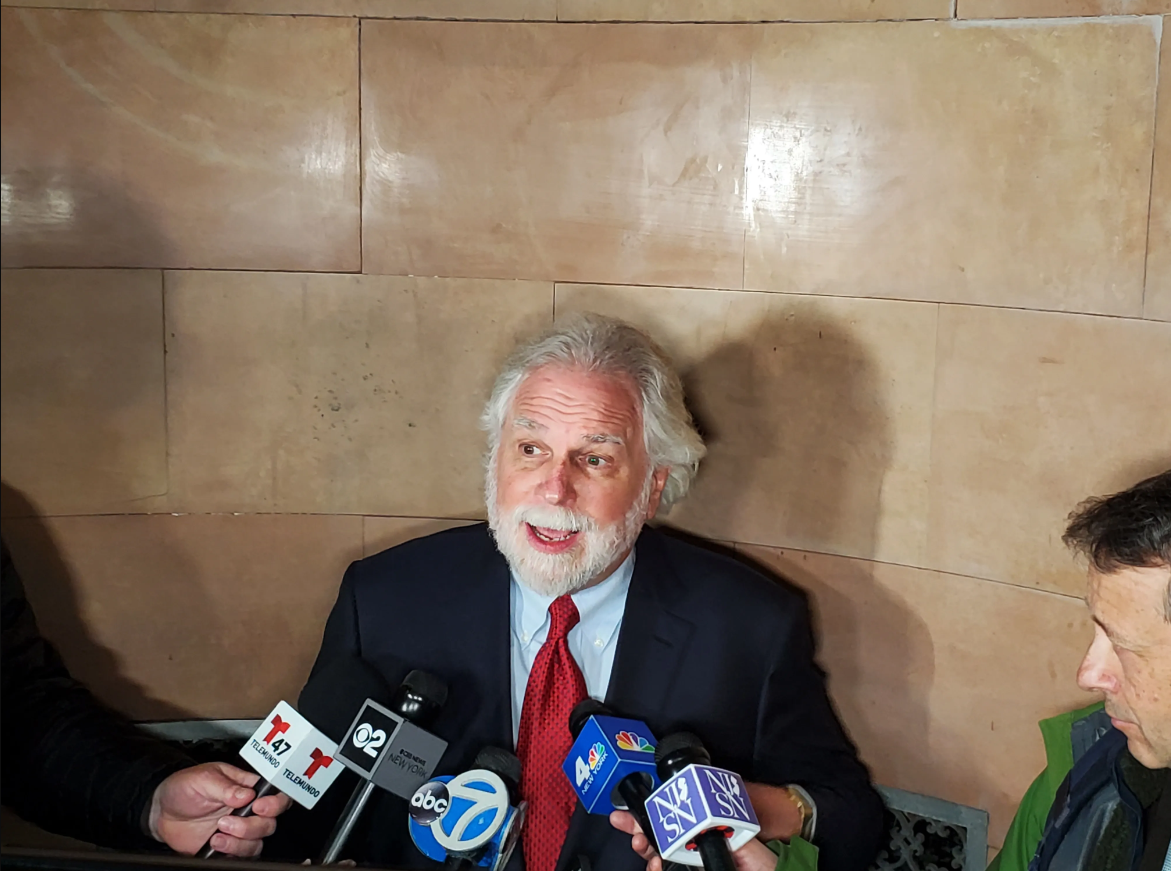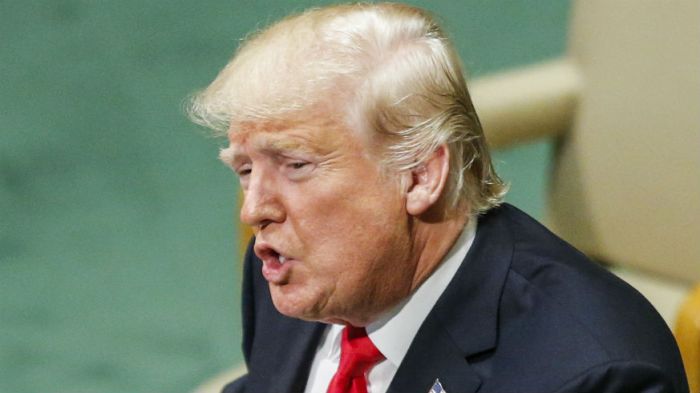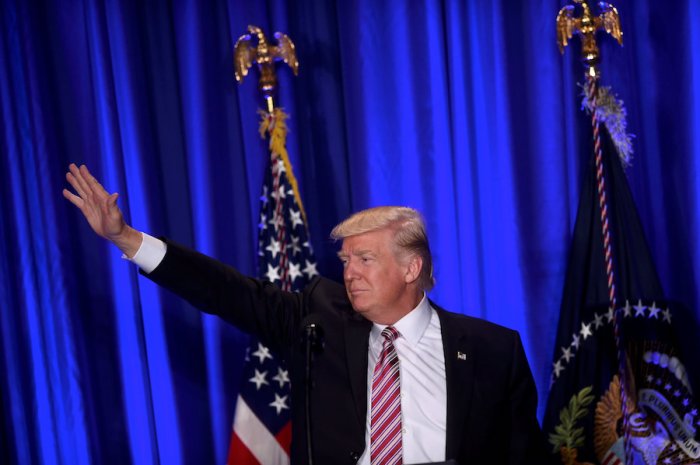For a second time in 16 years, a Democratic candidate has won the popular vote, but lost the presidency.
In the greatest democracy in the world, one might ask how this is possible. Well, there are two words for it: Electoral College. It might be a surprise to most voters that the ballot you cast on Election Day wasn’t actually a vote for the next president. It was a vote for your state’s electors to the Electoral College — those are the people who actually vote for president. They’re supposed to put their vote toward the candidate who won a majority in their state. Whether they always do is a story for another time. The number of electors —or votes —given to each state is equal to the combined total of its senators and delegation in Congress —ranging from three to 54 depending on the state, for a total of 538. Erected in 1787, the Electoral College supersedes the popular vote by organizing votes on a state-by-state basis. Historians say it was created as means to protect slavery, according to WGBH. Hillary Clinton is the fourth president to lose the White House because of the Electoral College, despite having more votes. So is it fair? In a recent Metro News poll, 75 percent of readers said the presidency should be determined by the popular vote. But as Democrats lick their wounds, could they actually get rid of the 229-year-old practice?
Here’s how in three steps:
Step 1: The Electoral College is enshrined in the 12th Amendment of the U.S. Constitution, and therefore requires a constitutional amendment, outlined in Article 5.
Step 2: Congress can propose an amendment with a two-thirds majority vote in both the House of Representatives and the Senate or by aconstitutionalconvention called for by two-thirds of the state legislatures. Step 3: It must be ratified by the legislatures of three-fourths of the several states, or by conventions in three-fourths.
Finding a majority in a victorious Republican-held government might be a problem, though.
Updated Electoral College Vote Projection Map- #Trump 305 #Hillary 233 pic.twitter.com/zPaeJSK40m
— Terry Kinder (@tkinder) October 31, 2016


















